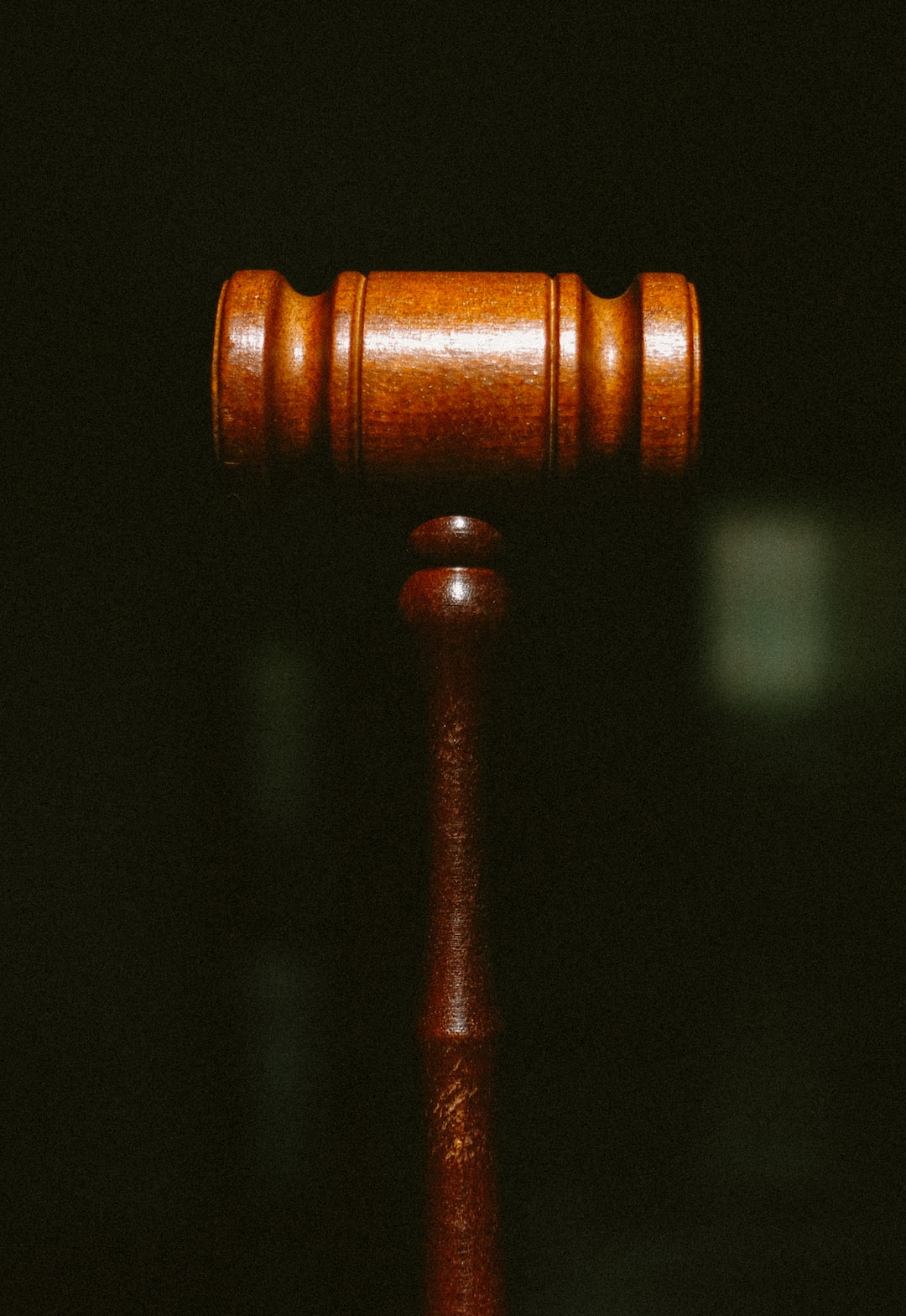The Role of Expert Witnesses in Legal Proceedings
In any legal proceeding, expert witnesses play a crucial role in helping to evaluate and understand complex scientific, technical, or specialized matters that are beyond the knowledge and understanding of the judge and jury. These individuals, often highly qualified and experienced professionals in their respective fields, provide invaluable expertise and opinion to ensure the fair and just resolution of a case. This blog post aims to delve deeper into the role of expert witnesses in legal proceedings and shed light on their significance.
First and foremost, expert witnesses are called upon to provide an impartial and objective analysis of technical or scientific evidence. Their role is to assist the court in understanding complex concepts and presenting their findings and opinions in a manner that is accessible to the judge and jurors. For example, in a medical malpractice case, an expert witness who is a renowned surgeon may be asked to review medical records and testify on the standard of care provided by the defendant doctor. Their specialized knowledge and experience allow them to provide critical insights that ordinary individuals may not possess.
Expert witnesses are often retained by one party, be it the prosecution or the defense, to support their argument or refute the opposing party’s claims. However, it is essential to note that their primary duty lies with the court, and they hold an ethical obligation to provide unbiased and truthful testimony. Although they may be hired and compensated by one side, their loyalty should ultimately be to the truth and the attainment of justice. This impartiality is crucial for maintaining the integrity of legal proceedings.
To qualify as an expert witness, one must possess a high degree of specialized knowledge and experience in their field. This expertise is usually acquired through years of study, research, and practical application in their respective disciplines. The court typically determines the credibility and expertise of an expert witness by examining their qualifications, professional credentials, and experience during a process known as voir dire. This ensures that only individuals with the necessary knowledge and competence are permitted to testify before the court.
The testimonies provided by expert witnesses can greatly influence the outcome of a trial. Their insights and opinions often help the jury to understand complex issues and make informed decisions. For example, in a product liability case involving a defective automobile component, an automotive engineer may be called upon to explain the technical aspects of the defect and the potential hazards it poses. By presenting a clear and unbiased analysis, the expert witness aids the jury in comprehending the technical aspects critical to determining liability.
However, it is essential to acknowledge the limitations of expert witnesses. Their opinions, no matter how valuable, remain just that – opinions. The ultimate decision lies with the judge or jury, who must weigh and evaluate the expert’s testimony along with any contradictory evidence or arguments presented during the trial. It is not uncommon for experts from opposing sides to have differing opinions, leading to a clash between the specialists and the subsequent scrutiny of their arguments.
Moreover, the reliance on expert witnesses has its share of critics. Some argue that expert testimony can be manipulated or biased, as it is often subjective and influenced by the interests of the party retaining the expert. Concerns have been raised about the potential for “hired guns” – experts who are willing to offer their opinions in favor of the highest bidder. To mitigate such concerns, courts have implemented gatekeeping measures to ensure the credibility of expert witnesses and prevent the admission of speculative or unscientific opinions.
In conclusion, expert witnesses hold a significant role in the legal system. Their specialized knowledge and experience enable them to provide valuable insights and opinions on matters that the court and jury may lack understanding in. They act as impartial evaluators, presenting information in a clear and accessible manner. While they can greatly influence the outcome of a trial, ultimately, their opinions are just one piece of the puzzle. It is the responsibility of the judge or jury to carefully weigh all evidence and arguments before reaching a verdict, ensuring that justice is served.

